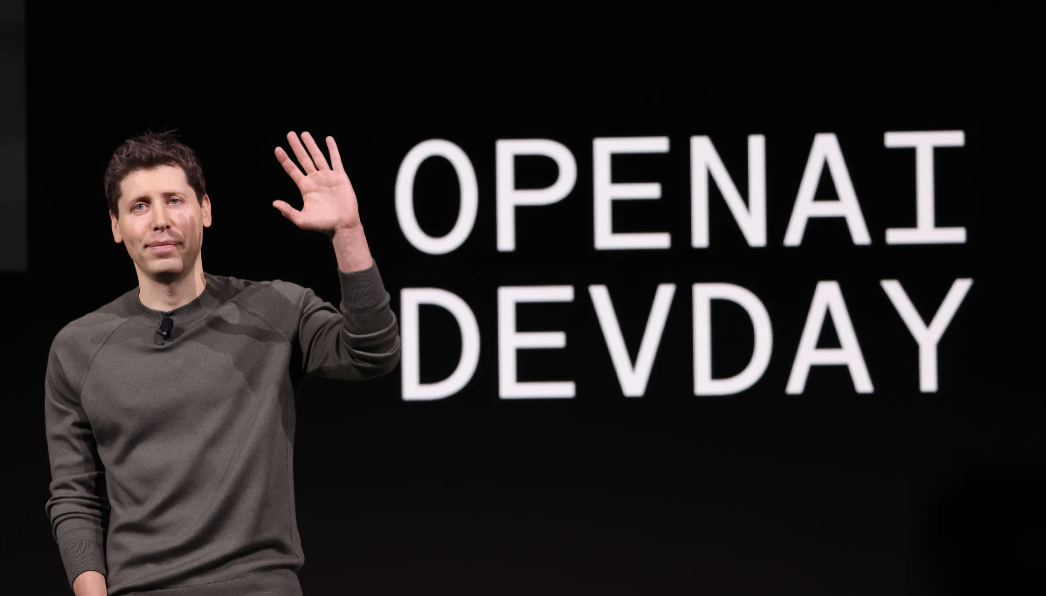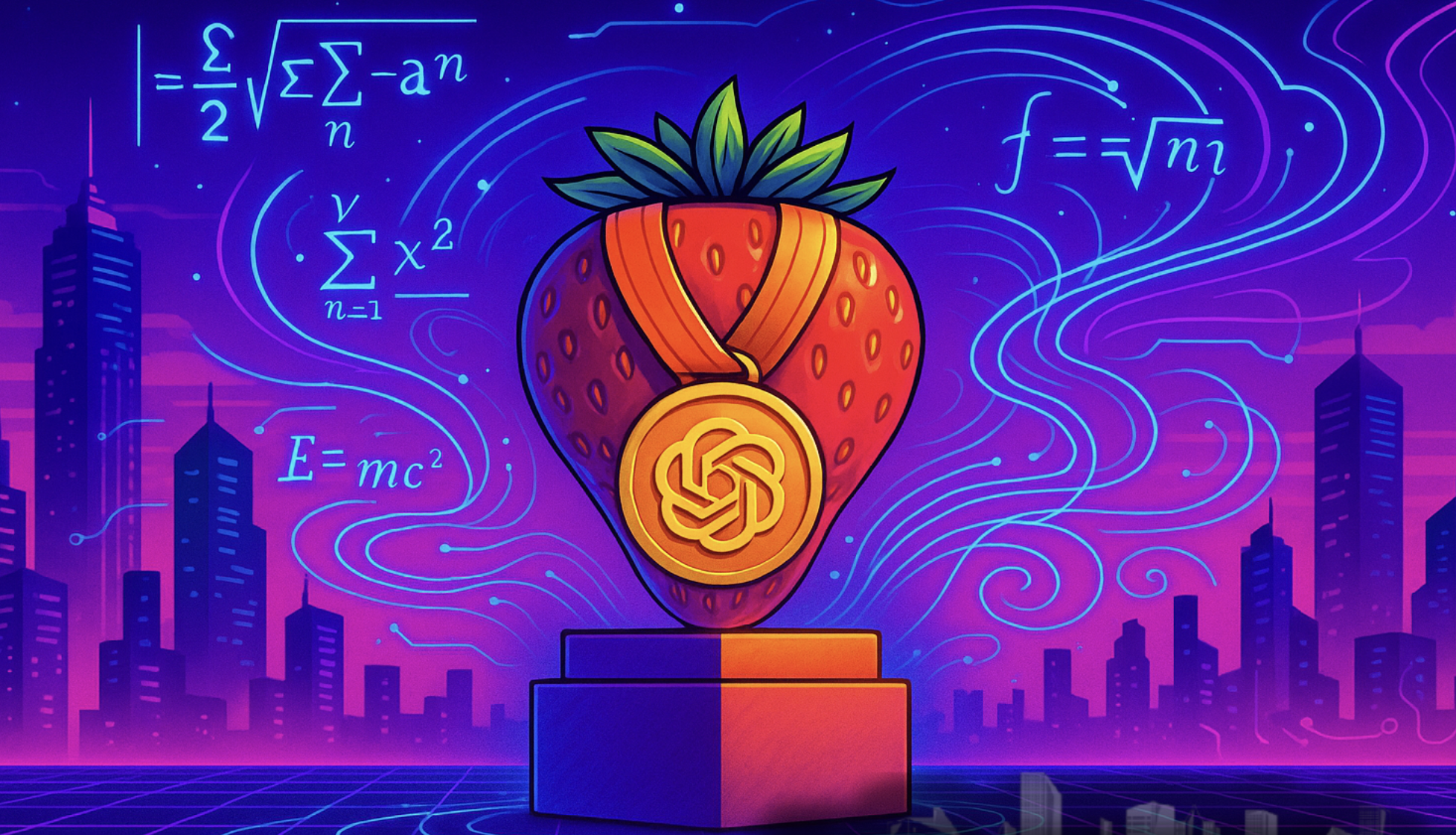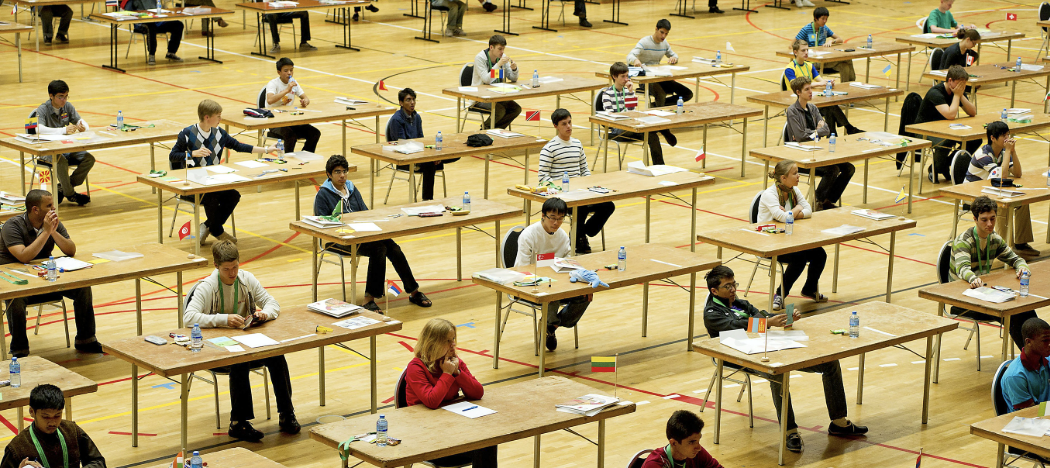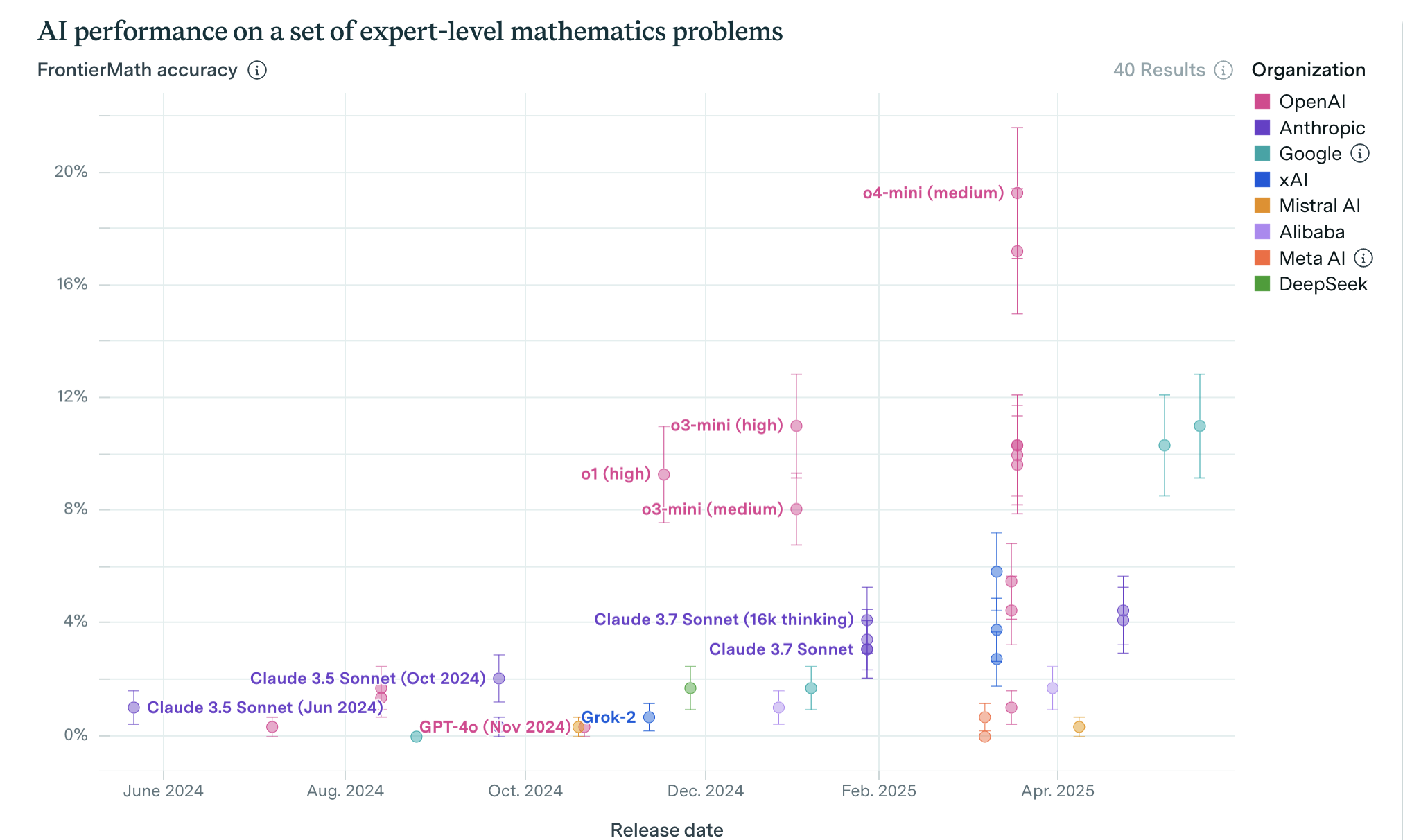The artificial intelligence landscape reached a pivotal moment when OpenAI announced that their latest experimental reasoning model achieved gold medal-level performance at the International Math Olympiad (IMO). This breakthrough represents one of the most significant advances in AI mathematical reasoning to date.
What is the International Math Olympiad?
The International Math Olympiad stands as the world's most prestigious mathematics competition for high school students. Established in 1959, the IMO challenges participants with six extremely difficult problems that require deep mathematical insight, creativity, and rigorous proof-writing skills.
Key IMO Facts:
- Duration: Two 4.5-hour exam sessions
- Format: Six problems requiring detailed mathematical proofs
- Participants: Top mathematical talent from around the world
- Scoring: Maximum 42 points (7 points per problem)
The Historic Achievement
OpenAI's experimental reasoning model demonstrated remarkable performance by solving 5 out of 6 problems from the 2025 IMO, earning 35 out of 42 possible points—well above the gold medal threshold.
Competition Conditions
The AI model operated under the same strict conditions as human competitors:
- No internet access or external tools
- Official problem statements only
- Natural language proof requirements
- Time-limited examination sessions
Independent Verification
Three former IMO medalists independently evaluated each solution, ensuring the same rigorous standards applied to human participants. Scores were finalized only after reaching unanimous consensus among all graders.
Why This Breakthrough Matters
Reasoning Time Horizon Evolution
This achievement represents a significant leap in AI reasoning capabilities across different time horizons:
- GSM8K problems: ~0.1 minutes for top humans
- MATH benchmark: ~1 minute for expert mathematicians
- AIME problems: ~10 minutes of sustained reasoning
- IMO problems: ~100 minutes of deep mathematical thinking
Beyond Simple Verification
Unlike previous AI mathematics achievements that relied on easily verifiable answers, IMO problems require:
- Multi-page proof construction
- Creative problem-solving approaches
- Watertight logical arguments
- Mathematical intuition and insight
Technical Innovation Behind the Success
General-Purpose Approach
Rather than developing narrow, task-specific solutions, OpenAI's approach focused on:
- Advanced reinforcement learning techniques
- Test-time compute scaling
- General-purpose reasoning capabilities
Moving Beyond Traditional RL
The breakthrough required advancing beyond conventional reinforcement learning paradigms that depend on clear-cut, verifiable rewards. This innovation enables the model to tackle problems where verification itself requires expert mathematical knowledge.
Industry Impact and Implications
Advancing Mathematical Research
This capability level suggests AI could soon assist professional mathematicians with:
- Proof verification and construction
- Conjecture exploration
- Complex theorem development
- Mathematical research acceleration
Educational Applications
The technology could revolutionize mathematics education through:
- Personalized tutoring systems
- Step-by-step proof guidance
- Advanced problem-solving assistance
- Mathematical concept explanation
Timeline and Availability
Current Status
- The IMO gold medal model remains experimental
- No immediate public release planned
- Several months expected before similar capabilities become available
GPT-5 Release
While OpenAI confirmed GPT-5's upcoming release, they clarified that it won't initially include this level of mathematical reasoning capability.
Historical Context and Predictions
Rapid Progress Acceleration
Alexander Wei, OpenAI researcher, noted the dramatic acceleration beyond expectations:
- 2021 prediction: 30% performance on MATH benchmark by July 2025
- Reality: Gold medal IMO performance achieved
This demonstrates how AI capabilities can exceed even expert predictions in specialized domains.
Looking Forward: Future Implications
Research Directions
This breakthrough opens several promising research avenues:
- Enhanced mathematical reasoning models
- Cross-domain problem-solving applications
- Advanced theorem-proving systems
- Scientific discovery acceleration
Broader AI Development
The success suggests potential applications beyond mathematics:
- Complex logical reasoning tasks
- Scientific hypothesis generation
- Advanced planning and strategy
- Creative problem-solving domains
Conclusion
OpenAI's achievement of gold medal performance at the International Math Olympiad marks a watershed moment in AI development. By solving problems that require sustained creative thinking and rigorous proof construction, this breakthrough demonstrates that AI systems can now engage with some of the most challenging intellectual tasks humanity has devised.
While the technology remains experimental, its implications for mathematics, education, and scientific research are profound. As AI continues advancing at an unprecedented pace, we may be witnessing the emergence of systems capable of genuine mathematical insight and creativity.






Top comments (0)